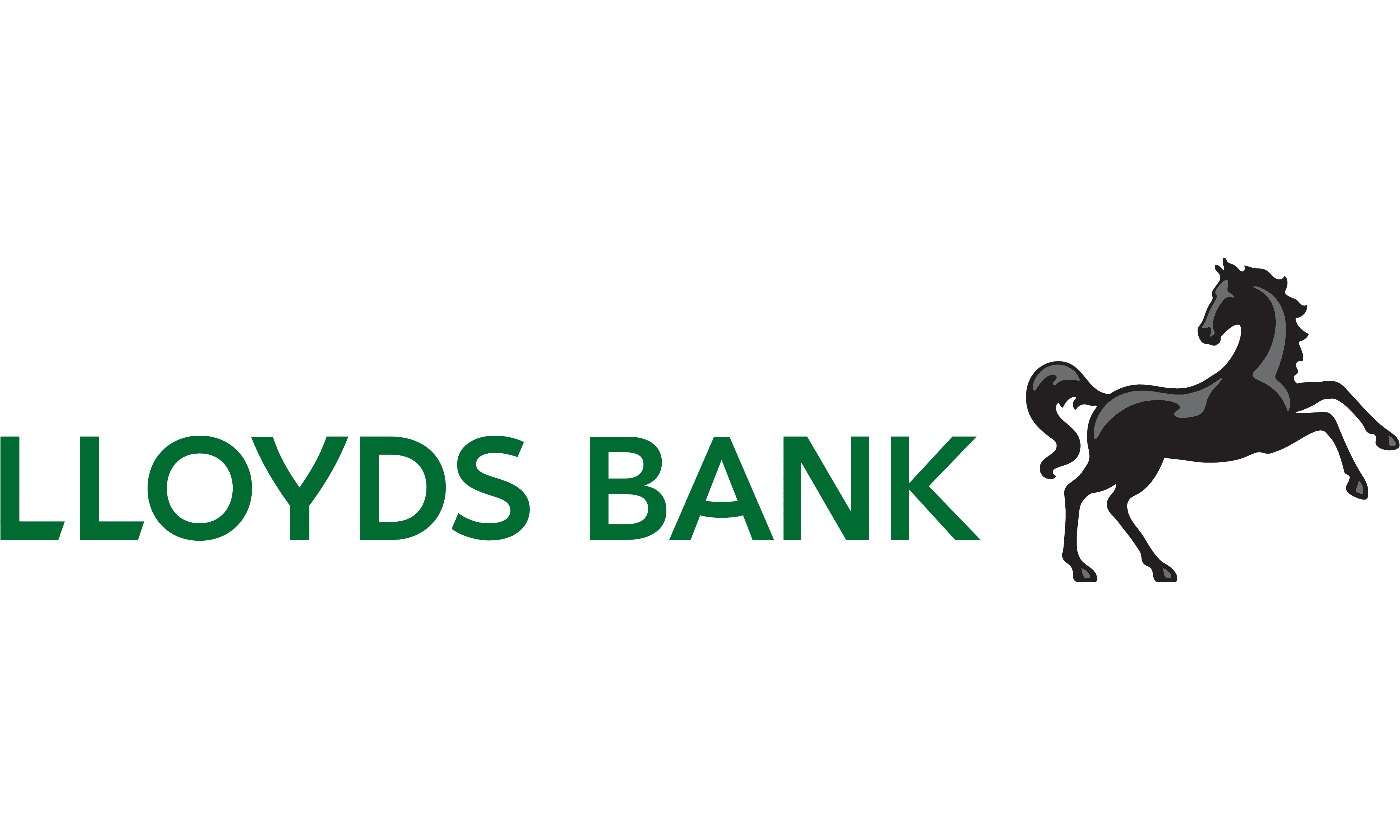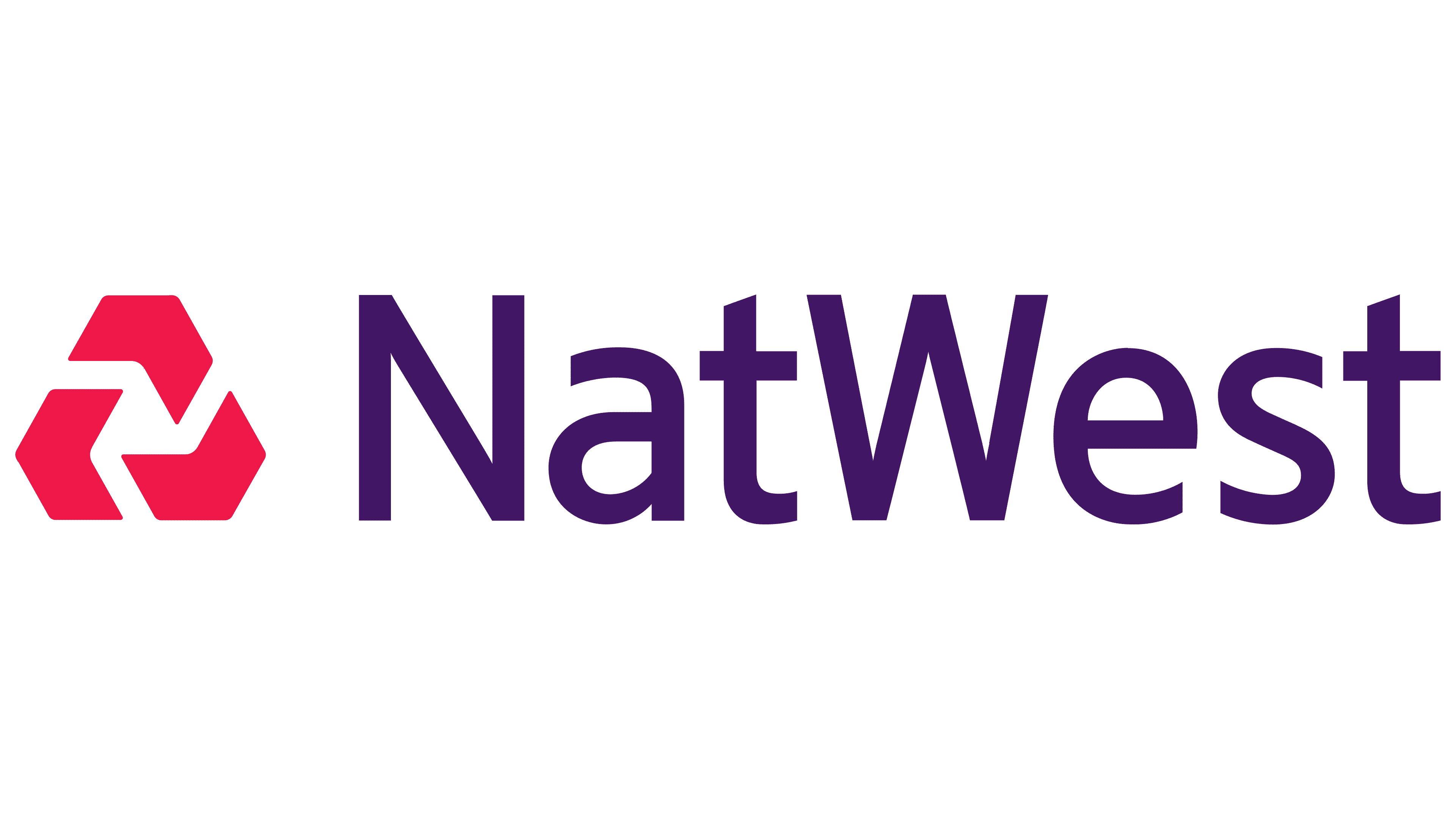Check if you qualify for a Short- Term VAT Loans in 30 seconds
Free, no obligation quote
Find a Business Loan from £10k to £500k
Are you a business owner?
Free, no obligation quote
Find a Business Loan from £10k to £500k
- Borrow between £10,000 and 500,000
- Apply online in 2 Minutes
- Repayment spread over 3 months
Lender Panel




Business Loans Compare
It's as easy as 1-2-3
Its quick and simple to compare Business Loans with us
Fill out the quick form
Talk to a friendly advisor about your needs and your eligibility checked
Various lenders compared and the options are put forward to you

VAT loans - What they are and how do you get one?
Although it is a legal requirement for UK businesses with a taxable turnover of £90,000 or more to charge Value Added Tax (VAT), it can still be a burden for smaller businesses when their VAT payment is due to HMRC.
For smaller businesses with limited cash reserves, cash flow can often be tight, meaning they might not have enough funds to cover a VAT bill when it becomes due. Since VAT payments are mandatory, failure to pay on time could lead to penalties and HMRC may take recovery actions to secure the payment.
While planning ahead, such as setting aside the VAT collected in a separate bank account, can help manage this, unexpected expenses may still leave a business struggling to meet VAT deadlines. In these situations, a VAT loan can be a useful solution.
What are VAT Loans?
A VAT loan is a short-term financial option designed to help UK businesses manage the timing gap between cash flow and their quarterly VAT payments. These loans provide small businesses with a way to pay their VAT bills on time, without disrupting their financial plans, especially in times of low cash flow or when major investments are being made.
Why Might a Small Business Need a VAT Loan?
VAT is a tax applied to goods and services at every stage of production, distribution, and sale. If your business has a turnover of over £90,000 in any 12-month period and supplies VAT-rated products or services, you must be VAT registered with HMRC.
As of 2022, there were 2.7 million VAT-registered businesses in the UK. These businesses collect VAT on behalf of HMRC and are required to pay it regularly, usually on a quarterly basis. They can also claim back VAT on eligible expenses like raw materials or services, with any difference being paid to HMRC.
If a business is unable to cover its VAT bill when due, a VAT loan could be a helpful option. Small businesses might need a VAT loan for various reasons, including:
Seasonal fluctuations in cash flow Unexpected expenses, such as repairs Saving for a significant investment General cash flow issues Failing to pay VAT on time could result in late payment interest, penalties, and even an investigation for tax avoidance.
How Do VAT Loans Work?
VAT loans are typically secured loans, meaning you will need to offer assets as collateral. You can apply for a VAT loan from a bank or independent lender, and the loan amount can range from £5,000 to £5 million, depending on your business's financial situation and the lender's criteria.
Once approved, the lender will pay the VAT directly to HMRC, and you will repay the loan in monthly installments, including interest. Loan repayment periods can typically range from three to twelve months, depending on the terms.
Applying for a VAT Loan
The application process for a VAT loan is generally straightforward. Lenders may ask for proof of turnover, a solid credit history, and other documents to confirm your business's legitimacy and ability to repay the loan.
You will need to provide:
- Proof of identity and business address
- Bank statements to demonstrate your ability to repay the loan
The time required to secure a VAT loan will vary by lender. Some lenders may approve your application in as little as 48 hours, with funds paid to HMRC shortly after.
What to consider when applying for a VAT loan, it is crucial to evaluate:
- Interest rates and how high they are
- Loan terms and repayment periods
- Any additional fees that may apply
These factors can significantly impact your loan's overall cost. Before committing to any loan agreement, it is essential to seek independent financial advice to ensure that the loan terms are suitable for your business's needs. This is also the time to clarify any questions you have regarding the loan's conditions with both the lender and a financial expert.
